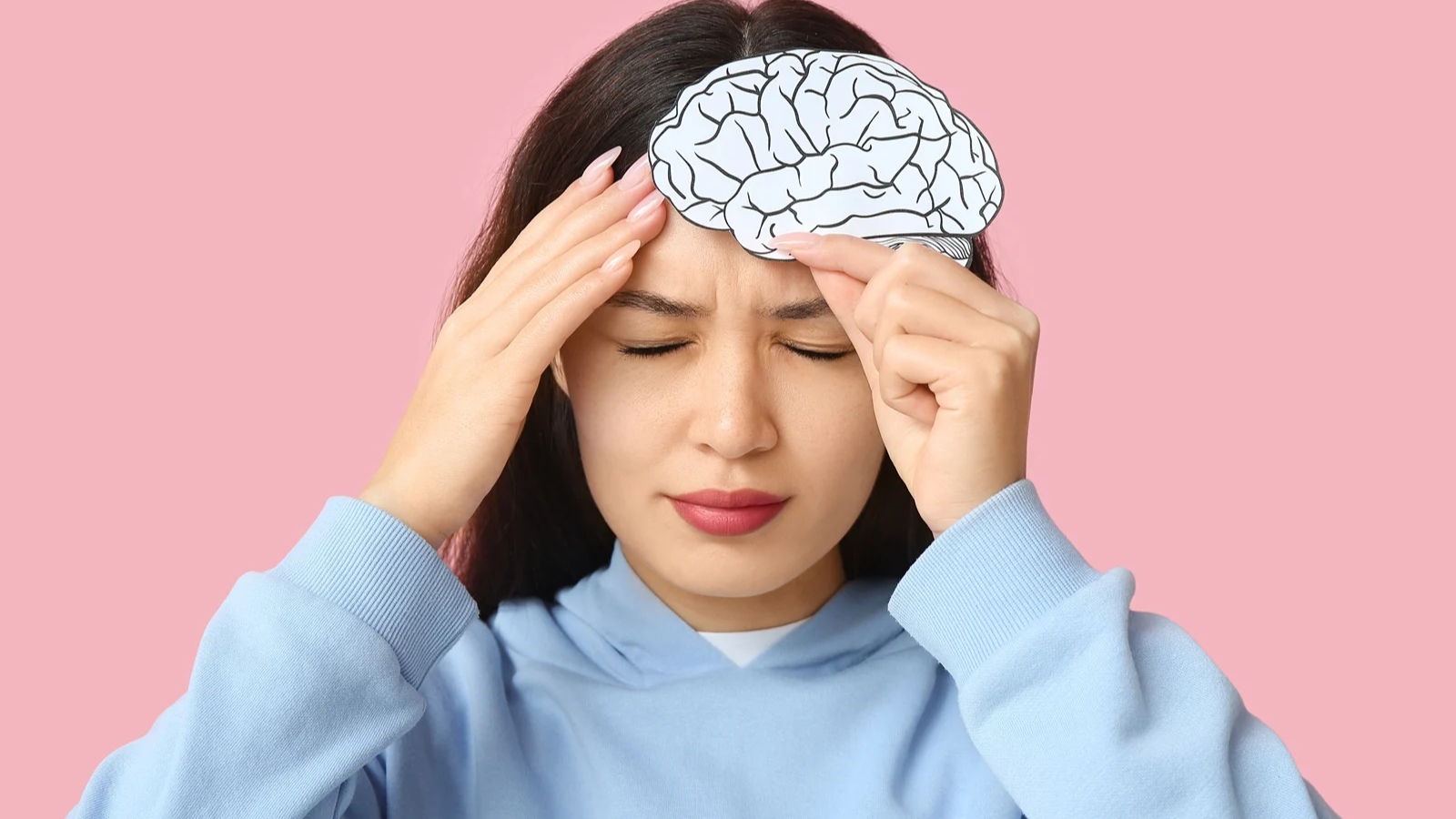Cortisol is a hormone produced by your adrenal glands. It plays a vital role in regulating energy, blood sugar, and your body’s response to stress. While normal levels support health, consistently high cortisol can affect sleep, mood, weight, and overall well-being.
This article explains nine common signs of high cortisol and practical ways to reduce stress hormones. You will learn how to recognize the symptoms, understand their impact, and adopt strategies to bring cortisol levels back into balance.
1. Constant Fatigue
One of the first signs of high cortisol is feeling tired even after resting. Cortisol influences your sleep-wake cycle, and too much of it can disrupt your natural rhythm. You may struggle to fall asleep, wake up often at night, or feel unrested in the morning.
To support better energy:
- Create a consistent sleep schedule
- Limit caffeine late in the day
- Use relaxation techniques before bed
- Keep your bedroom dark and cool
2. Unexplained Weight Gain
High cortisol levels can contribute to weight gain, particularly around the abdomen. Cortisol affects how your body stores fat and increases cravings for high-calorie foods. Even with regular exercise, your weight may rise if stress hormones remain high.
You can address this by:
- Choosing whole foods over processed snacks
- Practicing mindful eating
- Incorporating moderate physical activity
- Avoiding late-night meals
3. Mood Swings And Irritability
Cortisol directly affects your mood and mental clarity. Elevated levels may make you feel more irritable, anxious, or emotionally unstable. Stress hormones can also make it harder to concentrate and manage daily challenges.
Strategies to improve mood:
- Practice deep breathing or meditation
- Take short breaks during work
- Stay socially connected
- Engage in activities that bring you calm
4. Frequent Headaches
High cortisol can trigger tension headaches or worsen existing migraines. Stress hormones tighten muscles and increase pain sensitivity, leading to frequent head and neck discomfort. If headaches become more common, stress may be a factor.
Ways to reduce headaches include:
- Staying hydrated throughout the day
- Using gentle stretching or massage
- Limiting screen time
- Practicing relaxation exercises
5. Weakened Immune System
Cortisol plays a role in immune response, but too much can weaken your body’s defenses. High cortisol levels may impact your immune function, particularly if you experience frequent colds or prolonged recovery times. Prolonged stress leaves you more vulnerable to infections.
To support immunity:
- Eat a balanced diet rich in fruits and vegetables
- Stay physically active
- Get enough quality sleep
- Manage daily stress with relaxation techniques
6. Poor Digestion
Stress hormones interfere with digestion, leading to discomfort. If cortisol levels stay high, you may experience bloating, constipation, diarrhea, or stomach cramps. Your gut and brain are closely connected, so ongoing stress often appears as digestive problems.
Simple steps to support digestion:
- Eat smaller, balanced meals
- Limit processed foods
- Drink enough water
- Incorporate probiotic-rich foods like yogurt or kefir
7. Memory And Focus Problems
Cortisol impacts the brain, especially areas linked to memory and focus. High levels make it difficult to retain information, stay organized, or perform tasks that require concentration. Over time, this can interfere with daily productivity.
To improve focus:
- Break tasks into smaller steps
- Use to-do lists or reminders
- Take short mental breaks during work
- Try mindfulness practices to stay present
8. Muscle Weakness
Prolonged high cortisol can break down muscle tissue. You may feel weaker than usual or find it harder to recover after exercise. This happens because cortisol affects how your body uses protein and energy for muscle repair.
Support your muscles by:
- Including enough protein in your diet
- Doing resistance training exercises
- Allowing time for rest and recovery
- Managing stress with regular physical activity
9. Skin Issues
High cortisol levels may also manifest on your skin. Stress hormones can worsen acne, slow wound healing, or increase skin sensitivity. If you notice frequent breakouts or irritation, stress could contribute to the problem.
To support healthy skin:
- Keep a consistent skincare routine
- Stay hydrated
- Reduce sugar and processed foods
- Practice stress management techniques
How To Reduce Stress Hormones
Recognizing the signs of high cortisol is the first step, but making lifestyle changes is key to managing it. Small daily habits can lower stress hormones and improve your overall health.
Prioritize Sleep
Quality sleep keeps cortisol levels in balance. Aim for 7 to 9 hours each night. Create a bedtime routine by limiting screen use, dimming lights, and winding down with calming activities.
Exercise Regularly
Physical activity reduces cortisol and improves mood. Choose moderate exercises like walking, cycling, or yoga. Avoid overtraining, which can increase stress hormones.
Eat A Balanced Diet
Food choices affect cortisol production. Include whole grains, lean proteins, vegetables, and healthy fats. Limit processed foods, added sugars, and excessive caffeine.
Practice Relaxation Techniques
Relaxation helps regulate stress hormones. Try:
- Meditation
- Deep breathing
- Stretching
- Gentle yoga
These practices calm your mind and lower cortisol naturally.
Stay Connected
Social support plays a role in stress management. Spending time with family and friends can improve your resilience to stress and bring down cortisol levels.
Manage Workload
Overcommitment increases stress. Set clear boundaries, prioritize tasks, and take breaks to avoid burnout. Managing workload keeps stress hormones under control.
Conclusion
High cortisol can affect many aspects of your life, from sleep and mood to digestion and immunity. Recognizing the signs early allows you to take steps to restore balance and protect your health.
Simple changes in sleep, diet, exercise, and daily habits can help reduce stress hormones. By making these adjustments, you can create a healthier routine and improve physical and mental well-being.




